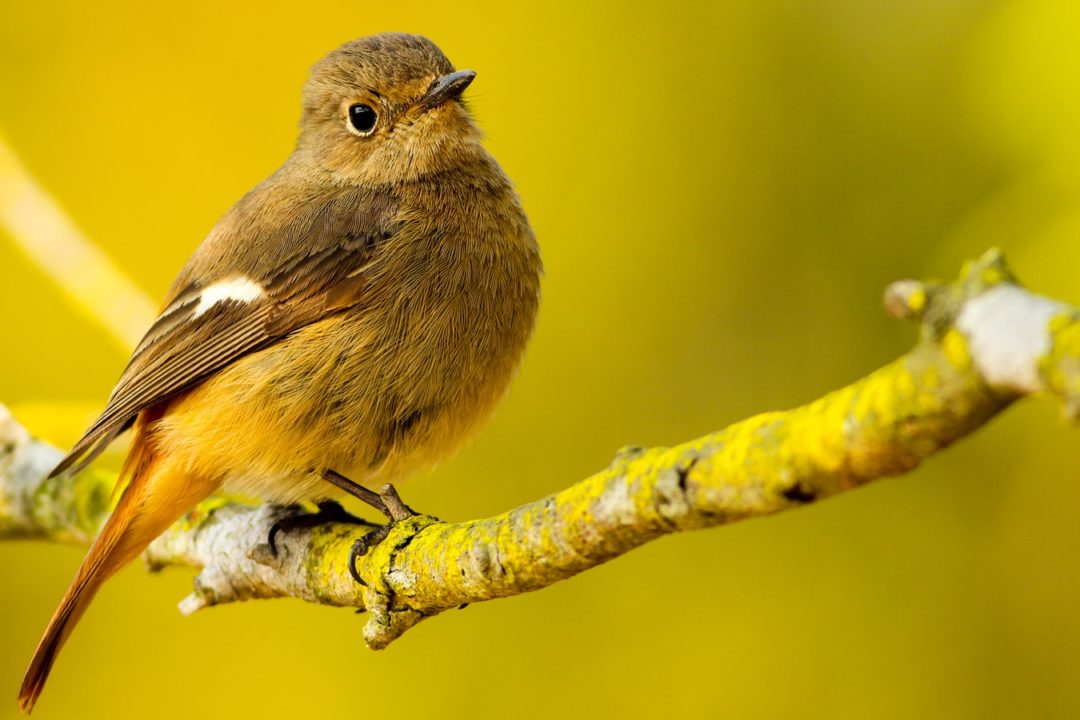Identifying And Managing Stress In Pet Birds
Whether you have a budgie, a parrot or an aviary with several different birds, knowing how to identify and deal with stress in a bird is extremely important. Birds are very sensitive animals and suffer from stress just like all other animals. There are several ways that you can identify and manage your bird’s stress levels. Here are some handy hints:
Recognising Stress in Your Pet Birds
Stress Lines/Bars – A physical indicator that your bird us stressed is the visible appearance of stress lines or “stress bars” on their feathers. Stress lines are small lines that run down the shafts of the feathers. Look at the bird’s feathers for an indication if they suffering stress lines.
Aggression – If your bird suddenly has a change in their demeanour and becomes aggressive, this could be a sign of stress. Biting, hissing, lunging, and excessive screaming are all signs to watch out for.
Fear – While not all birds are outwardly friendly, if your bird suddenly becomes timid and avoids being handled, this could be a sign that your feathered friend is stressed. Several things, such as a bright coloured shirt or a new human being around more often, can trigger fear. Identifying what is causing your bird to become stressed is essential to finding a solution.
Loss of Appetite – In most animals, a loss of apatite indicates that something is not quite right. While this could suggest an illness or underlying health issue. Stress can also cause a loss of appetite.
Destructive Behaviour – Birds are very intelligent and if they do not receive a healthy amount of mental stimulation, they become frustrated. If your bird begins to destroy things such as bedding and feeding bowls, this could be a signs that your bird is stressed or bored
Managing Stress in Your Pet Bird
Health Issues – Birds can become stressed due to underlying health issues or illnesses. If you think your bird may be suffering from a stress-related illness, visit your vet. They will be able to help you determine the health of your bird and how to progress.
Food – Malnutrition or inadequate diet can lead to your bird becoming stressed. Feeding them a balanced diet is essential for their health. Consult your vet for diet and nutrition advice.
Suitable Environment – Having a suitable environment that is not overcrowded is essential! Suitable environments should include: multi-level perches, nesting areas, and visual barriers that allow the birds to hide from threats – real or imagined.
Reducing Noise – Noise can indicate a threat or danger and can cause stress in birds. It is important to recognise what noises affect your bird and how to minimise their effects. Moving their cage to a quiet area of the house can reduce a lot of noise-related stress.
Changes – During times of change (e.g. moving home, change of routine), birds can become confused and stressed. Even simply moving their cage to the other side of a room can cause stress. If moving is necessary, try placing a sheet over the birds cage to keep them calm. Gradually remove the sheet so the bird can slowly familiarise themselves to their new environment.
Stimulate your bird – A major stressor for birds is boredom. Make sure that your bird has enough stimulating activities and toys to play with.
If you believe your pet bird is experiencing stress, please contact your vet to determine the cause and how it can be treated.

